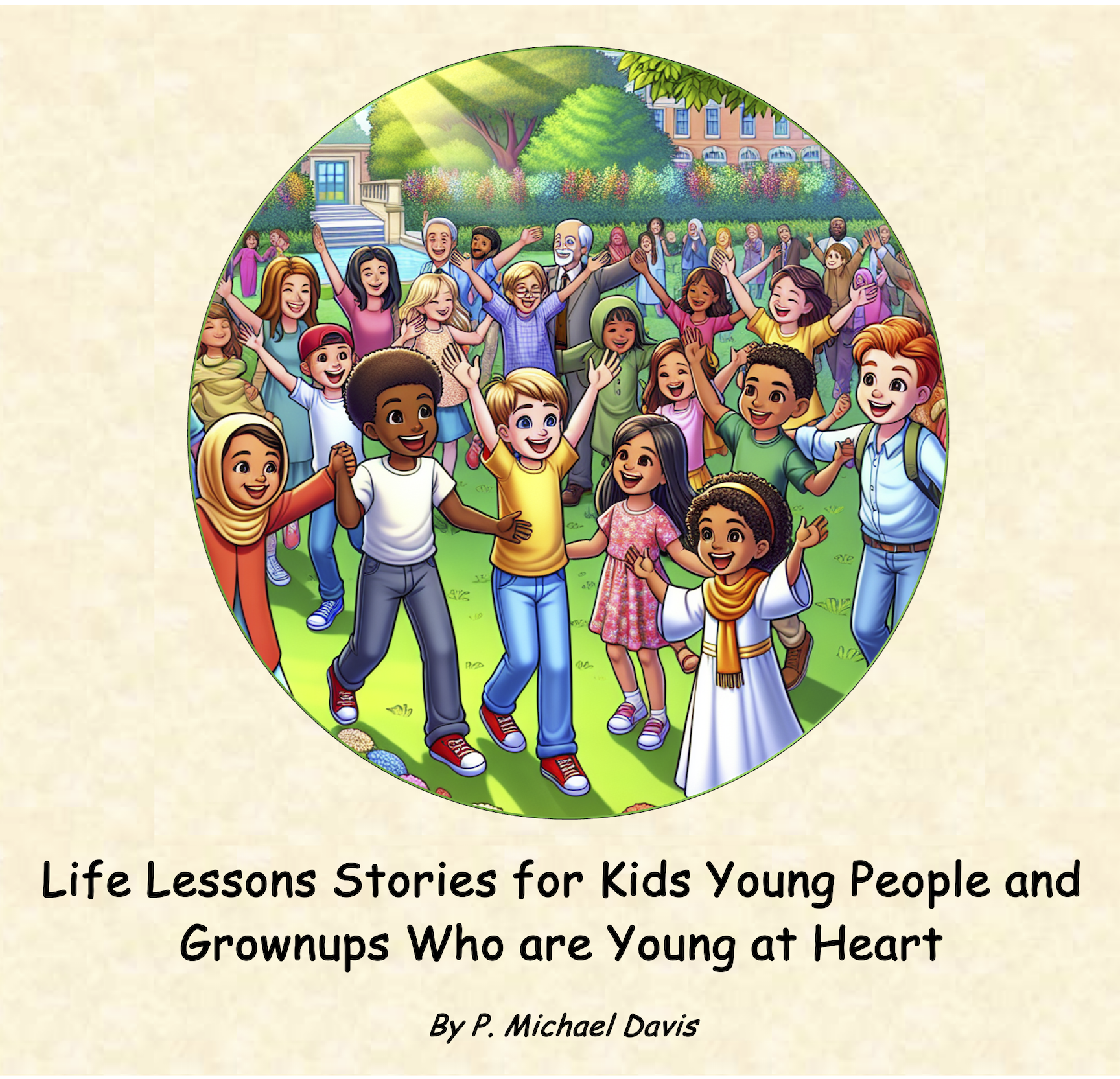Overcoming Anger and Violence
At this point in COVID time, it seems that there has been a general rise of arbitrary and unreasonable anger, controversy, and even emotional and physical violence over the past few months. Much of it seems to surround politics and social issues. But even beyond those things, there seems to be a level of wide-ranging tension that tends to provoke temper-driven emotional outbursts, threats of violent responses to pretty mundane disagreements, and genuine violent encounters involving people who probably would have handled things differently a year ago.
I read an article a few days ago which suggested that without sports, violence focused entertainment, and other healthy ways for people to vent their instinctual primitive drives for violence and “blood lust” this rise in aggression is certainly understandable. I disagree wholeheartedly with the article, but it made me ask myself: Are we human beings really instinctively hard wired to be anger driven and violent?
As I have spent some time thinking about it, I have come to the conclusion that violence is less an instinctual need for “blood lust” that has to be restrained in our psyche, than it is the ultimate selfish attempt to have things our own way. From the time we are children, it seems that violence generally follows an experience in which we are unable to control our toys, our parents, our brothers or sisters, our food, our lives, or any of the people and things around us. As adults, after a hard and frustrating day we tend to kick something, yell at the kids or our spouse or partner, and make an obscene gesture or nasty comment to the person who has cut us off in traffic.
Our angry responses don’t seem to happen because what they have done to us is so terrible, but because we can’t seem to control the events and dynamics of our lives and make things go in the direction we want. On that level, violence becomes the ultimate expression of selfishness and rebellion against God and the purpose of life, because it is the complete opposite of loving relationship, which is the purpose for which we were created.
Is violence really all that bad?
So, if violence is really bad, then why does it seem to feel so good to so many people? Perhaps it’s because, for a fleeting moment, violence gives us the illusion of power and control. During an anger-driven violent outburst we are convinced that we are powerful. We are powerful enough to overcome and destroy the enemy, whoever or whatever we have decided that enemy may be. Anger-driven violence allows us to take the place of God and dispense justice, giving the enemy what we believe he, she, it, or they deserve. The only problem is that usually the real enemy we are trying to overcome is our own fear of helplessness.
If we can’t make life the way we want it, then we will destroy life in some way and show that we have ultimate power. There is no compromise, life will be our way or no way. And, unfortunately, it generally winds up being no way.
Is violence ever justifiable?
Isn’t there justifiable violence? Lucky for us, God doesn’t think so. Otherwise all of us would be in a great deal of trouble. According to the Jewish carpenter, violence only breeds more violence.
If someone hits you on the right cheek, turn and offer them your left.
Whatever you deal out to others will be given back to you.
Love conquers all.
It doesn’t sound nearly as satisfying as an eye for an eye and a tooth for a tooth (which is a call to limit retaliation, not a requirement for violence by the way). But the truth hardly ever seems as satisfying as our illusions about how powerful and in control of life we are or would like to be.
What is the real cause of violence and what is the remedy for it?
I’m pretty well convinced that anger-driven violence, whether it is verbal, emotional, or physical is not the product of some instinctual human drive that requires a psychological outlet to keep it at bay. I’m convinced that anger-driven violence is a selfish and narcissistic choice that we make because we can’t get what we want, when we want it.
What is the remedy for it? Concern and compassion for others, a healthy dose of personal reality, and maturity.
